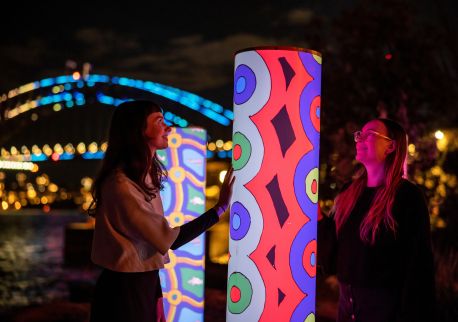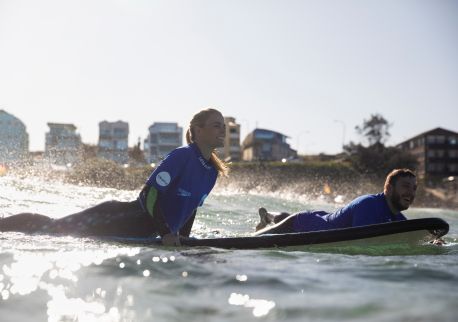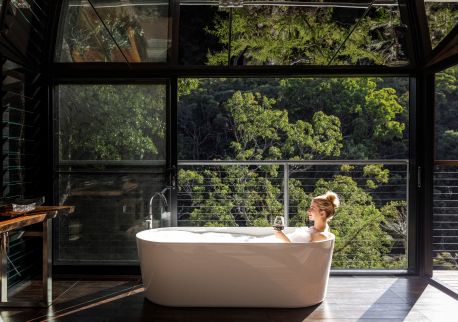Searock Grill
Overview
The ideal restaurant choice for any time or occasion, Searock Grill is located in east Circular Quay.
Enjoy the convenience of harbourside dining when attending a concert at the Sydney Opera House, having a romantic dinner, taking a welcome break from sightseeing, or impressing colleagues and clients over a business lunch.
Searock Grill features an outdoor seating area, allowing you to eat and drink with expansive harbour views. With Sydney Harbour Bridge as its backdrop, Searock Grill is conveniently located minutes away from Circular Quay’s main landmarks and attractions including the Sydney Opera House, Botanic Gardens Sydney, Museum of Contemporary Art (MCA), and The Rocks.
Circular Quay is a hub of activity, with festivals that run day and night, throughout the year. Searock Grill provides the ideal place to sit back and soak in captivating views of Sydney Harbour, serving, lunch and dinner and open late.

























